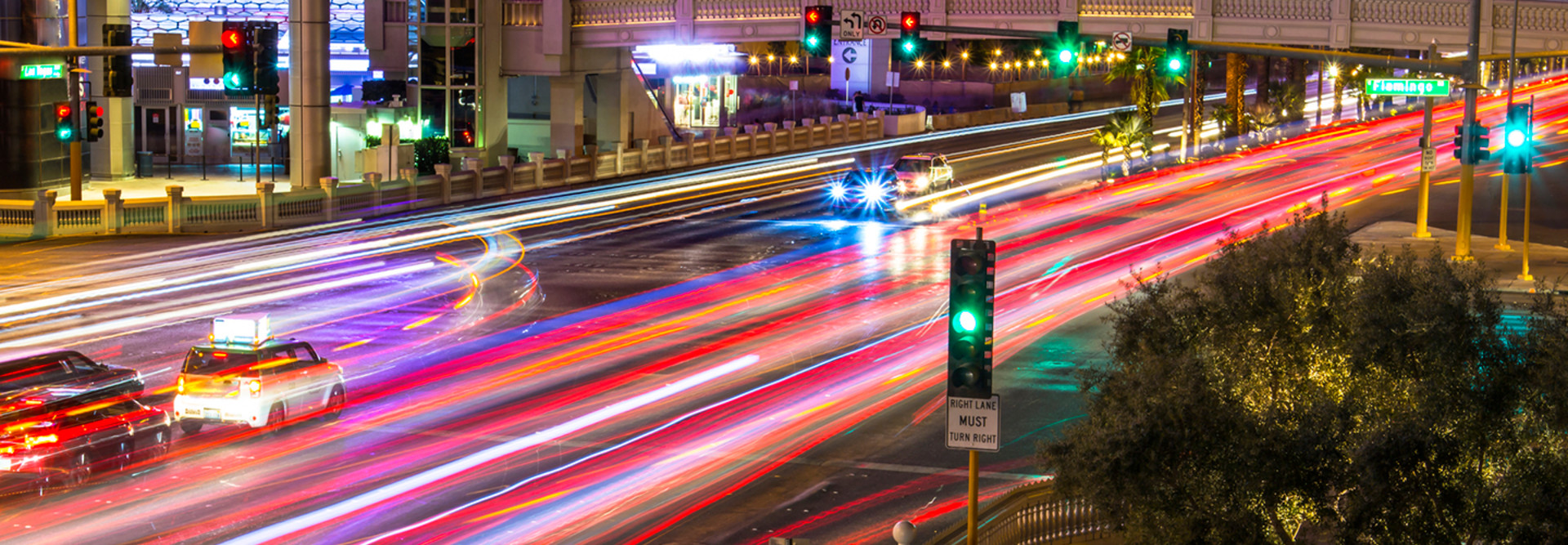Cisco Live 2018: Las Vegas and Cary, NC, Benefit from Smart City Tech
Like many cities, Las Vegas has challenges with public safety, transportation, parking and more. And the city has become a leader in deploying smart technology as a way of mitigating those problems.
For example, Las Vegas has gone beyond testing to deploy driverless vehicles in the field. “Our autonomous shuttle is traversing the streets right now,” said Michael Sherwood, the city’s director of IT and innovation. “It’s the first of its kind in the United States, and we’re looking at expanding that type of transportation around the city.”
But it’s not stopping with robot buses. The city has deployed an army of sensor technology that gathers data on everything from weather and air quality to public safety and traffic.
Sherwood, speaking as part of a panel on smart city technology at Cisco Live 2018 in Orlando, Fla., said officials have been thinking a lot lately about how to make the best use of the data those sensors are delivering and what kinds of new data the city might need.
For example, the city’s intersections can be dangerous places — at all times they teem with tourists who may not be using their best judgment. So Las Vegas officials are studying whether they can make intersections safer with smart technology. Can sensors detect when a pedestrian has entered an intersection unsafely and deliver some kind of warning? Can they redesign the intersections themselves?
They’re not sure yet, but they’re studying data on near-misses to understand why accidents happen.
“How do we use that near-miss data to change the way intersections are designed and built, and how do we use that intelligence to take remediation steps?” Sherwood said. “Whether it’s a child going to school or one of our visitors or citizens downtown, we really want to understand how we can prevent accidents.”
SIGN UP: Get more news from the BizTech newsletter in your inbox every two weeks!
How Smart City Solutions Make Life Easier
Of course, not every application of smart city technology has life-and-death implications. Most often, cities use the technology to make citizens’ lives more convenient.
In Cary, N.C., town leaders are using sensors at the community center parking lot to gather data on parking space usage. The government’s goal is to better understand its citizens’ parking needs as it prepares to build a new parking garage as part of a downtown redevelopment project.
“So working with Cisco, we had the idea of ‘Hey, let’s use our campus as a kind of laboratory,’” said Nicole Raimundo, CIO for the town of 162,000. “We said, ‘How can we look at what our needs are for this garage before we build it?’ We installed sensors in our parking lot and got a lot of great data from that. For example, we found that a lot of people were using the electric vehicle parking spots, so we know that’s a big trend that we need to consider.”
Both Las Vegas and Cary use Cisco Kinetic for Cities, a data management platform that compiles and analyzes sensor data and displays it on a dashboard so city managers can make informed decisions. Sherwood said the platform is crucial to his town’s deployment of smart city technology. “It’s really a view into our city in real time, giving us air quality, public safety data, environmental stats. It’s the foundation for everything — the nerve center of all the sensor data that’s coming in.”
Town leaders in Cary are considering more ways to deploy technology to improve citizens’ lives. For example, they’re studying a project on how to mitigate traffic problems when a signal malfunctions.
“Our vision is that as soon as that happens it sends out a work order automatically and streams the video to our 311 center so they can see what’s going on,” Raimundo said. “It can also reroute traffic via Waze. So, our vision with technology is not that people see it or even notice it, it’ll just happen.”
Read articles and check out videos from BizTech coverage of Cisco Live 2018 here.









